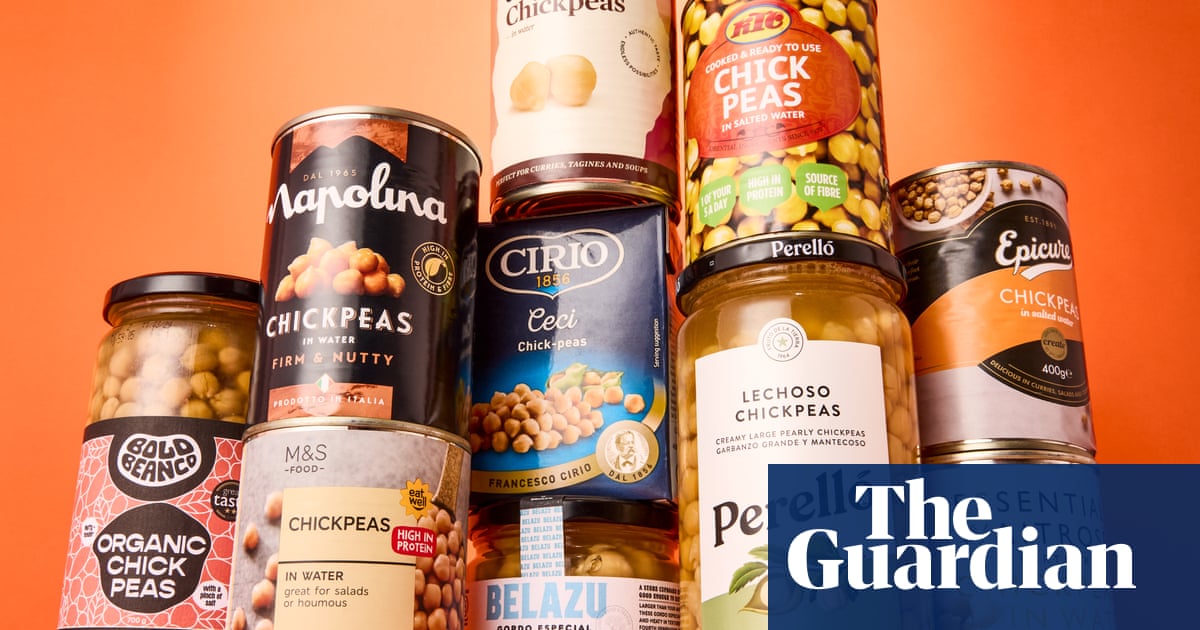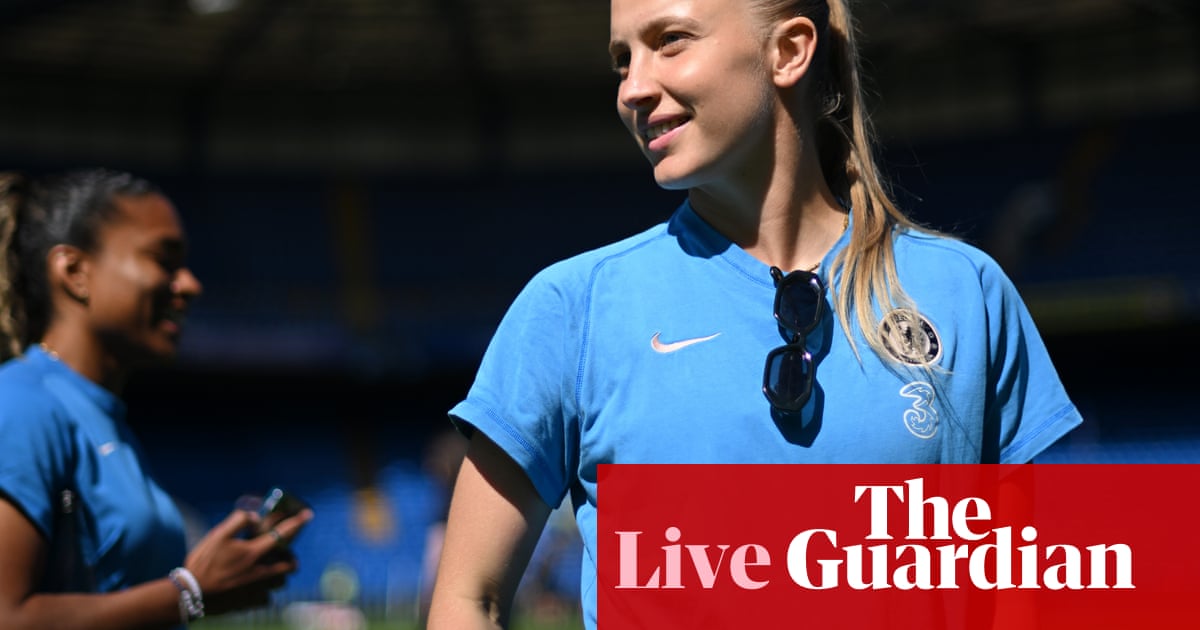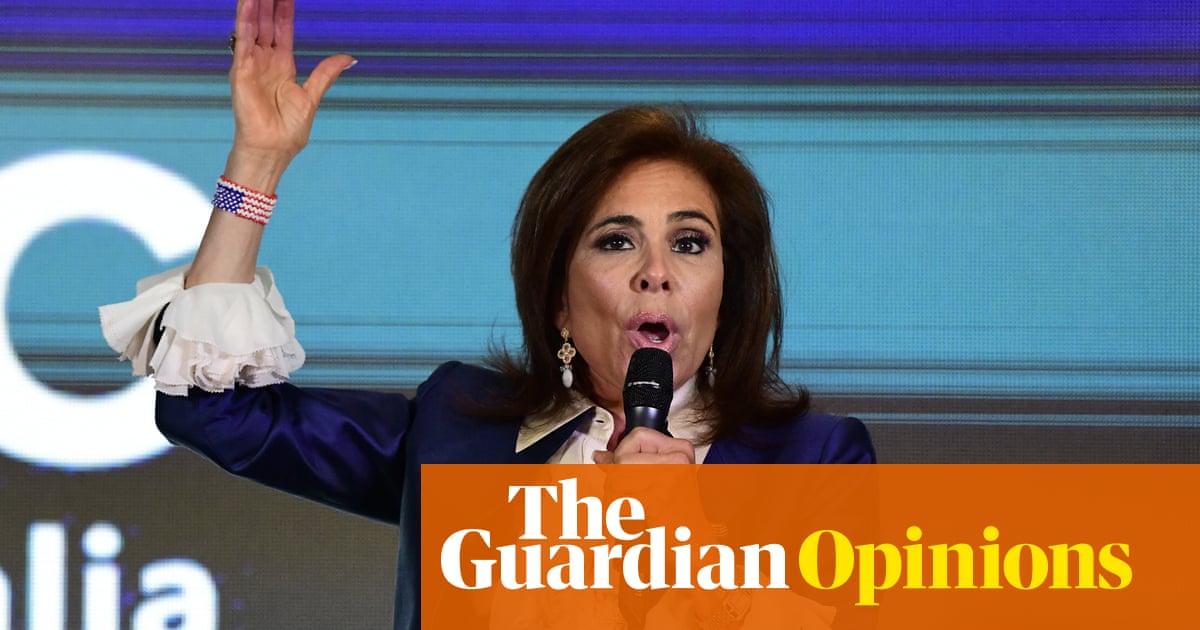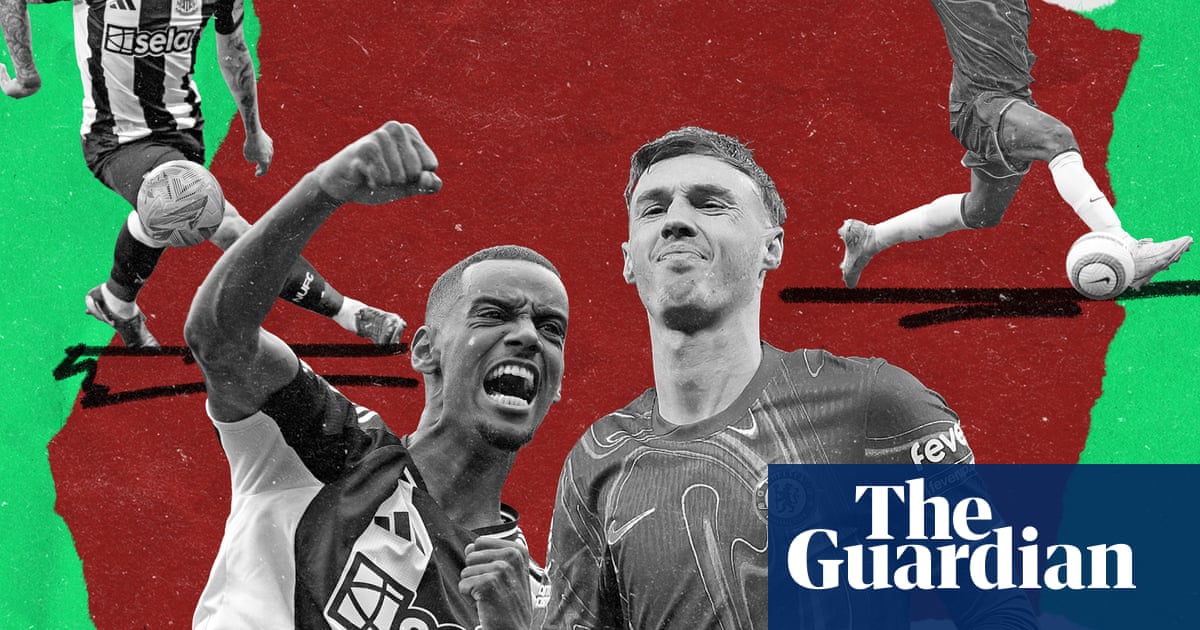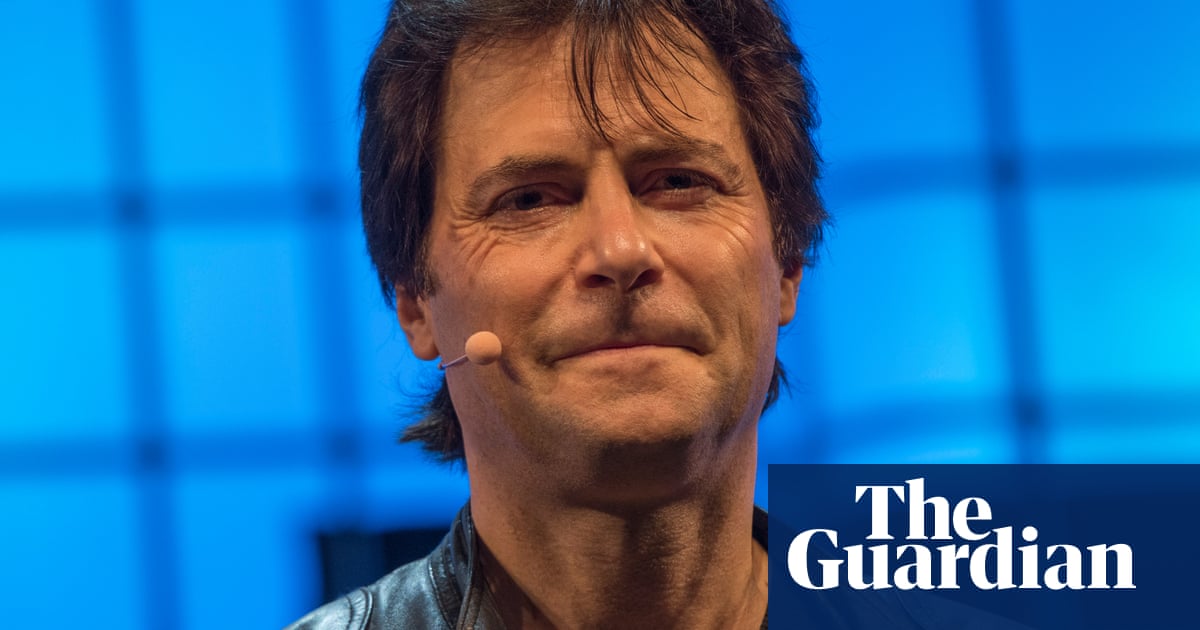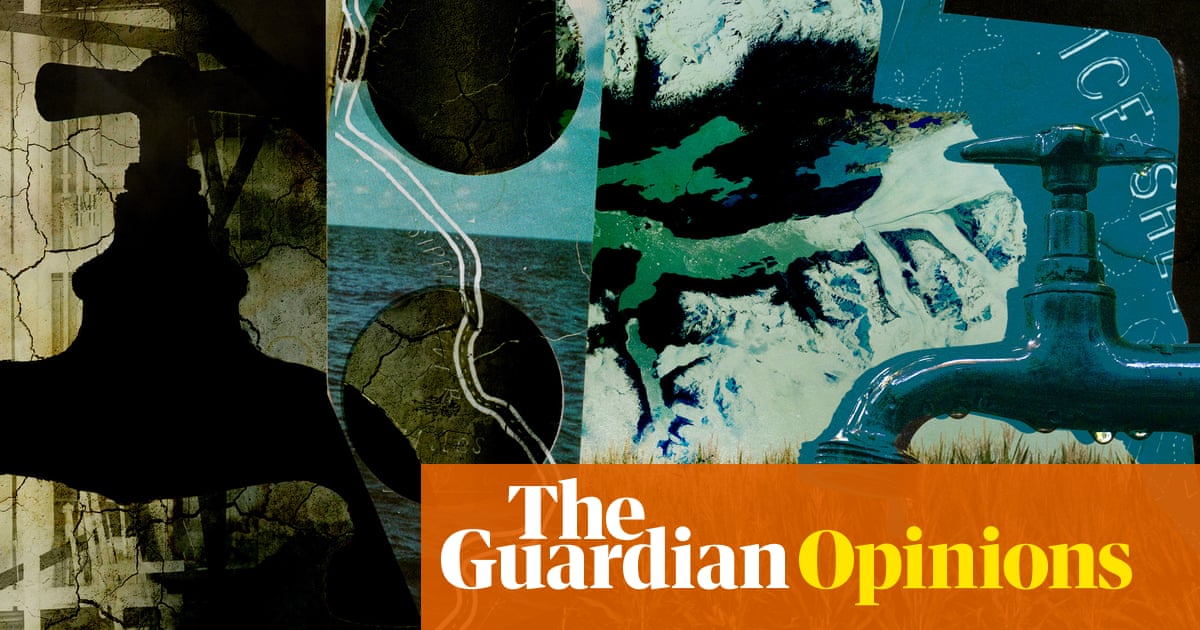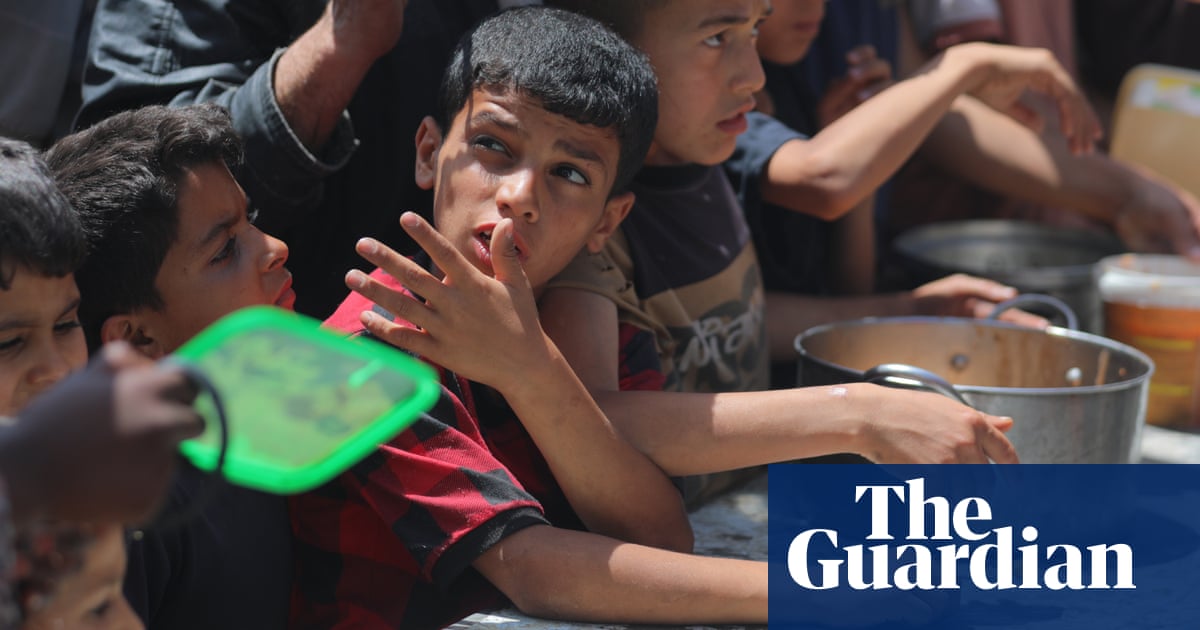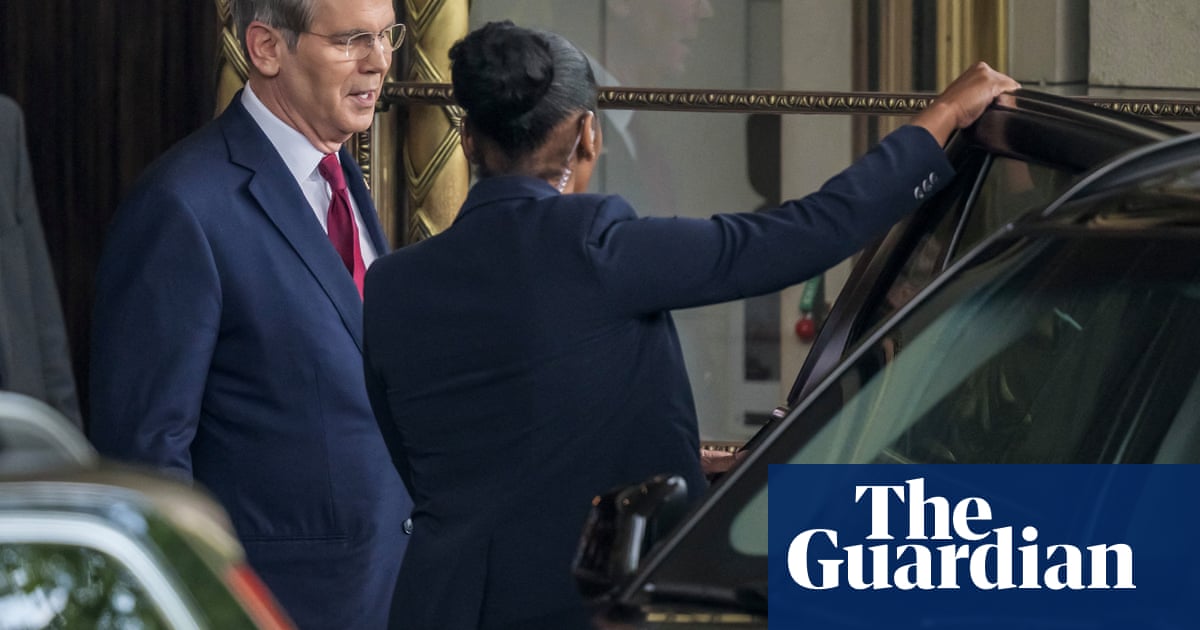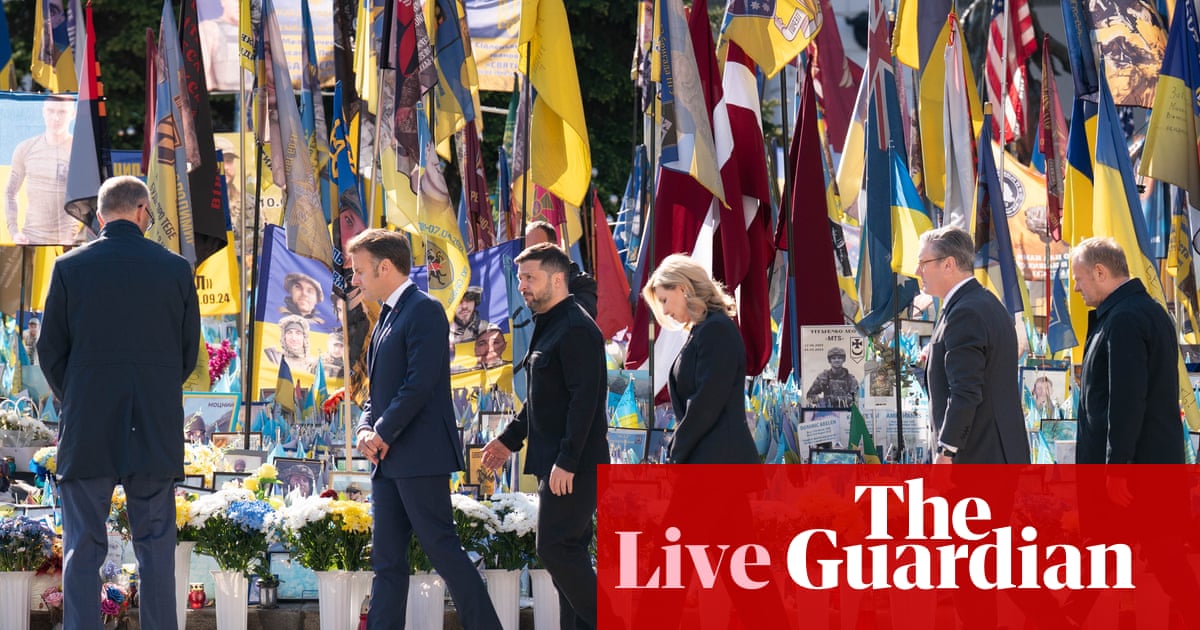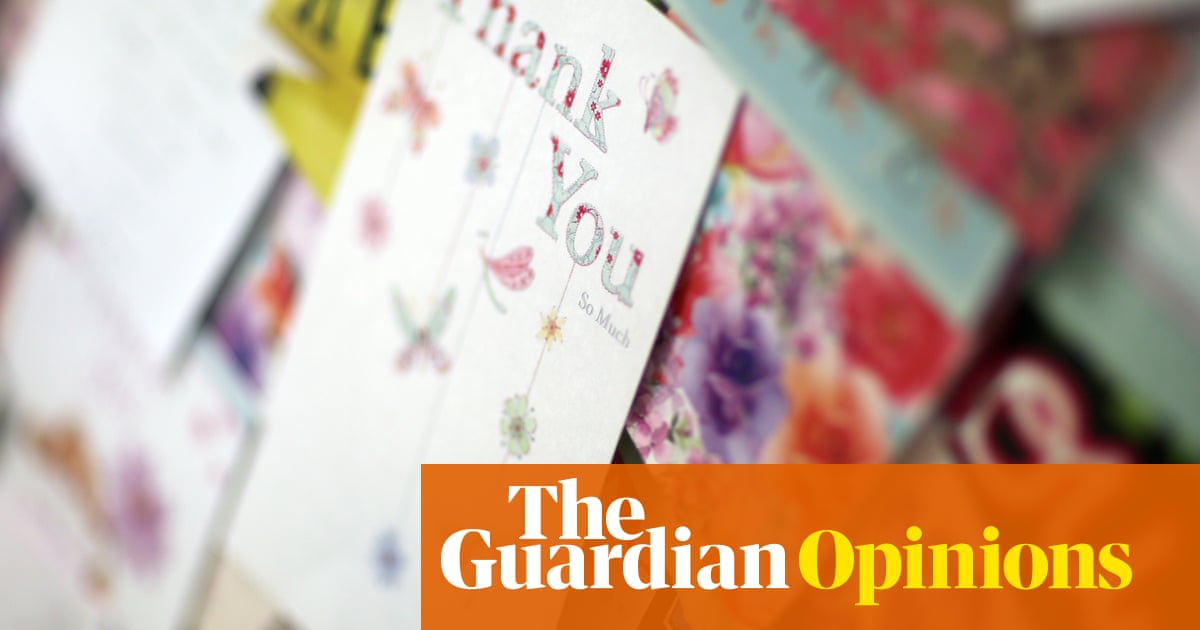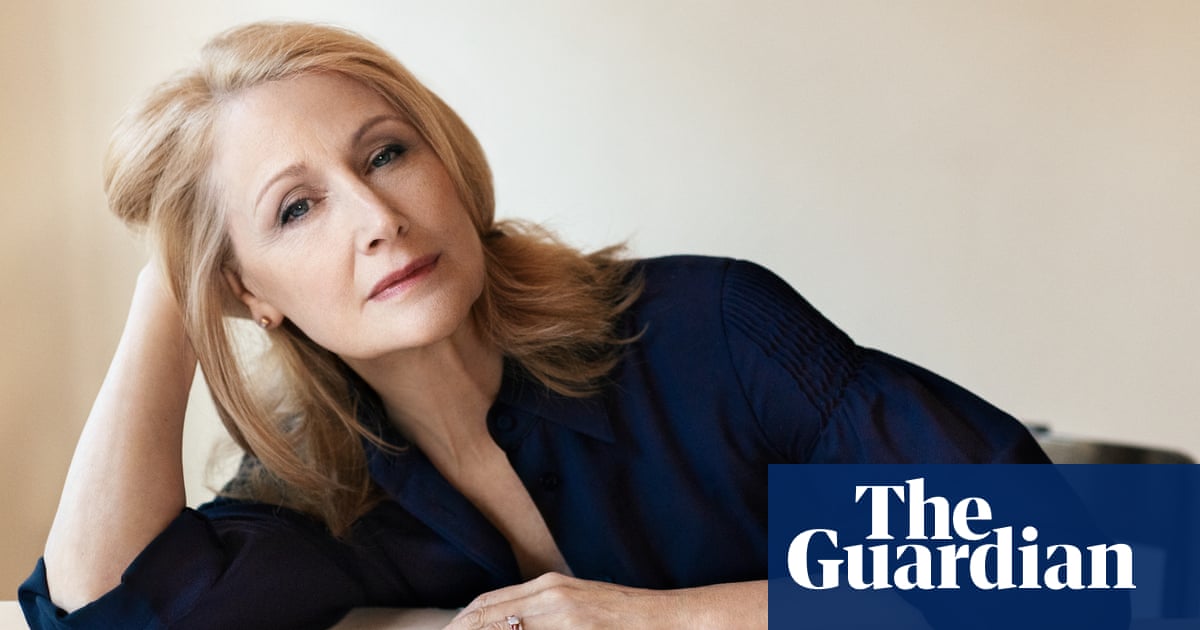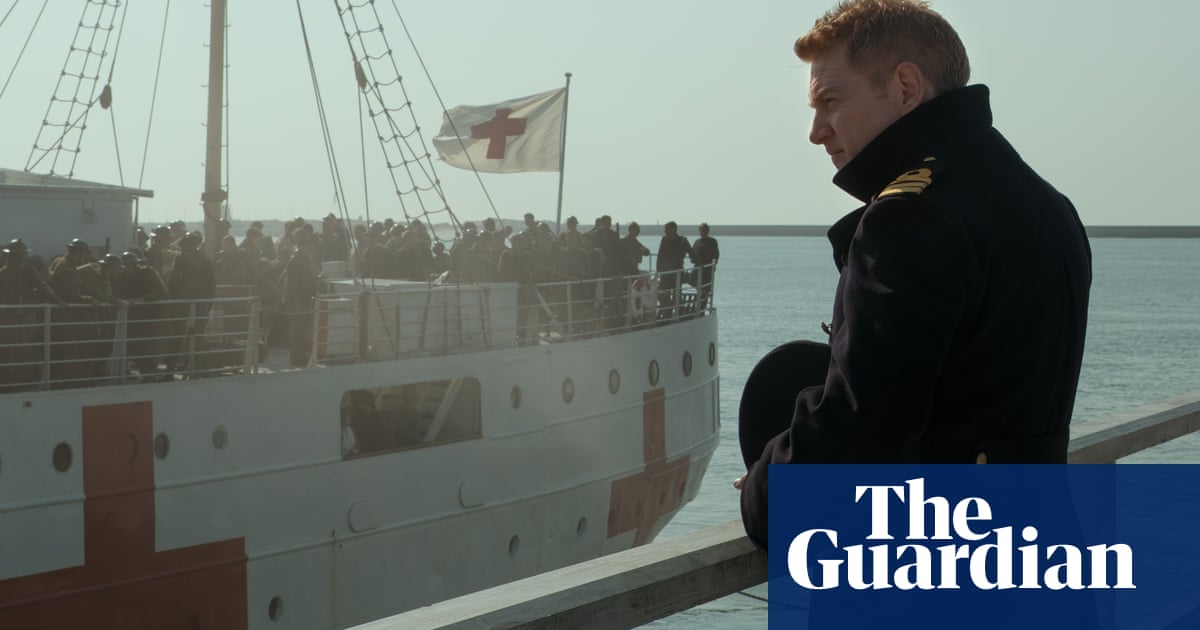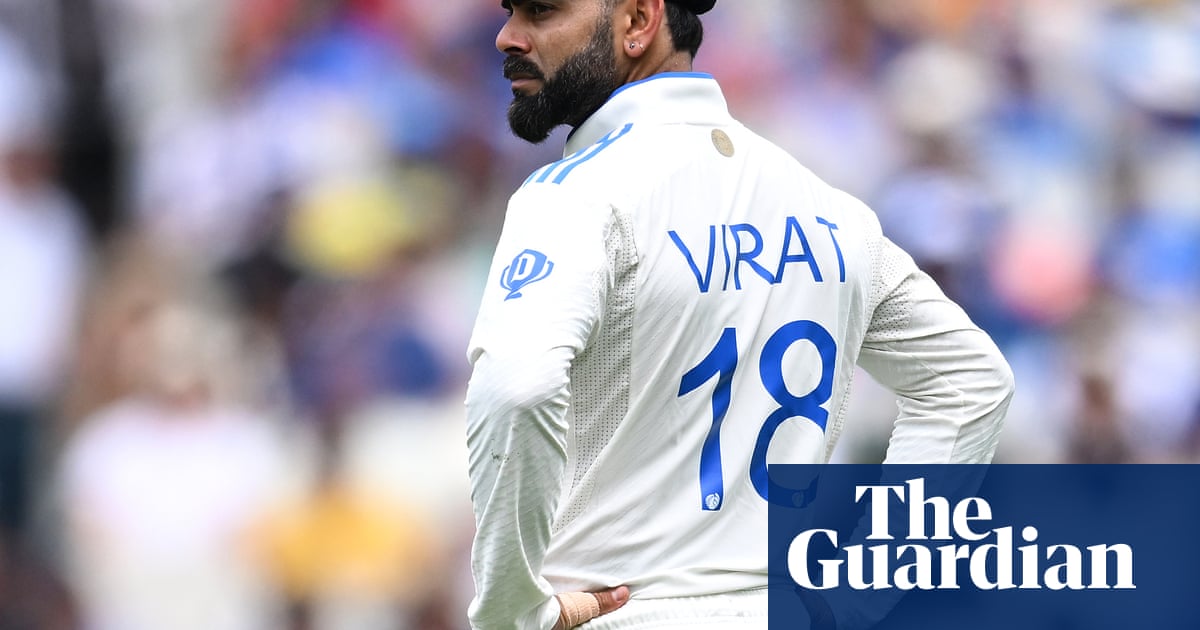Real Madrid’s players arrived at training on Wednesday morning to find seven teddy bears waiting for them. Lined up on a bush outside Valdebebas, they wore white shirts and a banner had been placed in front of them, alongside a couple of Spain flags with the club badge in the middle where the crown should go. “Grazie, Inter,” it said. The night before, Simone Inzaghi’s side had done for them what they had not been able to do for themselves, at least not yet. Now perhaps it can be their turn, one last chance to salvage something from what has been somebody else’s season.
Barcelona had been beaten: there would be no Champions League and no treble, reason alone to celebrate or at least seek consolation in Madrid, if not the only one. Because if it’s tempting to ask: “Is that all you’ve got?” somehow the answer may still be: “Actually, no.” Four days on from Barcelona’s European exit, Montjuïc hosts the fourth clásico of 2024-25 in a fourth stadium. Madrid have lost the previous three – 4-0, 5-2 and 3-2, seeing their rivals go top of the table, win the Super Cup and the Copa del Rey. Lose a fourth, and they will see them win the league title too, Hansi Flick’s team would be seven points clear with nine in play, a double within reach, while Madrid are left with nothing.
But win …? Win, and suddenly the picture looks different. Win and Madrid would be a point behind, and their three games are easier than Barcelona’s: Mallorca, Sevilla and Real Sociedad compared with a derby at Espanyol followed by Champions League-chasing Villarreal and Athletic Bilbao. “We would still have a small disadvantage but we would have more of a chance,” Carlo Ancelotti said. “The clásico will be practically decisive.” Fede Valverde called it “the game of the season”.
They always say that – “it’s the game of the century, even if there are eight a year,” one former Barcelona player says – but Valverde isn’t far wrong. For Madrid, at least, it’s all that’s left. Football’s greatest rivals have played each other 260 times since 1902, one newspaper describing the scene then as one of “little ladies in wasp-waist dresses, rice flower on pretty faces; grave solemn gentlemen, dark colours brightened by a carnation through the buttonhole; dandies in sparkling uniforms; military men corseted into tight waistcoats and trousers like bullfighters; and playboys who have sneaked in, top hats and walking sticks with marble handles”, and every meeting seems to define the season. Rarely though has it so clearly been a title decider.
The closest recent comparable may be 2012, when Cristiano Ronaldo scored the winner at the Camp Nou and then did that calm down gesture, Pep Guardiola conceding the title after. Or 2009 when Barcelona won 6-2 at the Santiago Bernabéu, ending Madrid’s unlikely and relentless pursuit. Both times, the leaders came with a four-point advantage at the top, their challengers offered an opportunity, the hope that they might close in, like now; both times, they left with a seven-point lead, the title secure. But even those weren’t as late as this. By kick-off on Sunday afternoon, week 35 of 38, this will be everything.
And yet, in truth, this clásico hasn’t really felt like the game of the season, nor had the buildup of other occasions. There was something about the Copa del Rey final a fortnight ago that was The End, the scenes at full time in which players threw ice cubes at the referee were Madrid’s final meltdown, a rage against the dying light. For Madrid, long since defeated by Arsenal, reality looking them in the face, the curtain was drawn that night, like this campaign had been concluded, written off. The future was somewhere beyond May, the conversation and the questions focused elsewhere. When, not if, will Ancelotti go? When will Xabi Alonso arrive? Who’s coming with him? Who’s going? How do you find the right way to say goodbye?
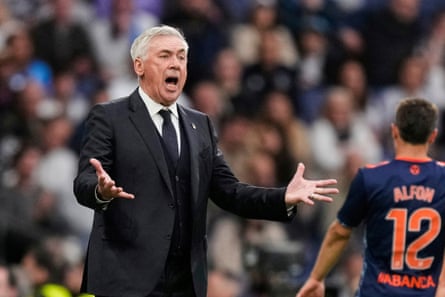
Barcelona’s attention meanwhile naturally turned to Inter, something even bigger building. It wasn’t to be, the treble gone. For Barcelona, there was pride in defeat, the most extraordinary semi-final anyone could recall, but it had hurt badly. For Madrid, there was relief; perhaps also a reminder: that Barcelona are not invincible, that it is not done yet, that there is still a league to play for. Perhaps even a reminder even of the Copa final where, while utterly outplayed by Barcelona in the first half and beaten in the end, there was at last a rebellion in the second, the startling inferiority complex that had afflicted them shaken off just long enough to be within minutes of winning.
After the season Madrid have had, the feeling of complete system failure, in which they haven’t defeated a decent team and Barcelona have put 12 past them, it would be almost absurd if they won the league; if, in the final, cold analysis, they could claim to have been more successful than Barcelona, La Liga surely trumping the cup. The difference has been unquestionable, Barcelona having the time of their lives, top of the league since February, closing on 100 league goals, and having won 13 and drawn one of the past 14 games, while Madrid have gone through a campaign feeling as if they’re not even there. And yet, here we are. That’s not such a leap now.
Winning is an obligation, yes, but it has become an opportunity too, a second chance or perhaps a third or fourth. One last shot, certainly. Not least for Kylian Mbappé, who with 36 goals can hardly be declared a failure but who no one has declared an unqualified success either. Unless, perhaps, he can make this moment his as he almost did with the cup final but failed to do on too many other nights. The signing whose season this was always going to be, he has seen it slip away, symbolic of their fall, while Paris Saint-Germain have reached the Champions League final without him; while Lamine Yamal may even have overtaken him as the game’s biggest star.
For Barcelona it is an opportunity too and one they will welcome if the previous clásicos are a guide, but it has also become an obligation – to ensure that all that enthusiasm, all that excitement, does not become disappointment, loss. That a long season ends as enjoyably as it has mostly played out.
after newsletter promotion
It has been long, that is for sure. Both teams come with injuries, fatigue. Neither have their first-choice full-backs, although Barcelona are optimistic that Alejandro Balde will make it and Robert Lewandowski, a late substitute in Milan, will be able to start. Six Barcelona starters didn’t join Thursday’s session.

For Madrid, Arda Guler looks set to replace Rodrygo, Ancelotti wanting to add to midfield. But this is a game that feels as much a question of mind as fitness or form. San Siro could not have gone better for Madrid: Barcelona had been beaten, they had also been hurt. They had been taken to extra time, left exhausted and empty. There is always a psychological element to the clásico and this time, possibly more than before, that comes to the surface. What does defeat in Italy do to Barcelona? What does it do to Madrid?
Barcelona have played fearlessly, but for many of their young players, this was the first real blow of their careers; does that affect them?
“I don’t think so; this team has an incredible mentality,” Ronald Araújo said. “This won’t affect us, quite the contrary,” Eric García insisted. “This team has overcome all expectations.” Flick told his players that when they got back he wanted them to look in the mirror and feel proud. Two days later, they had a barbecue together, a little therapy to go with the food, ready for one last go. “Sunday is a final,” Lamine Yamal said, if not the one he had wanted on Tuesday night.

 5 hours ago
18
5 hours ago
18


